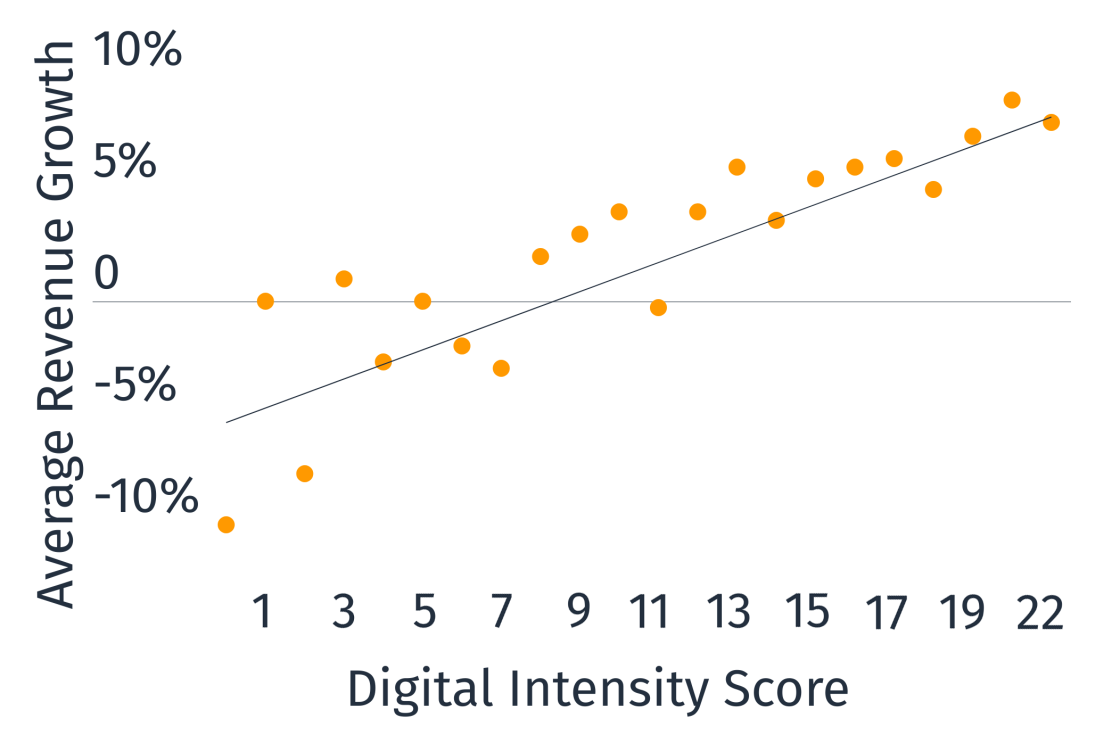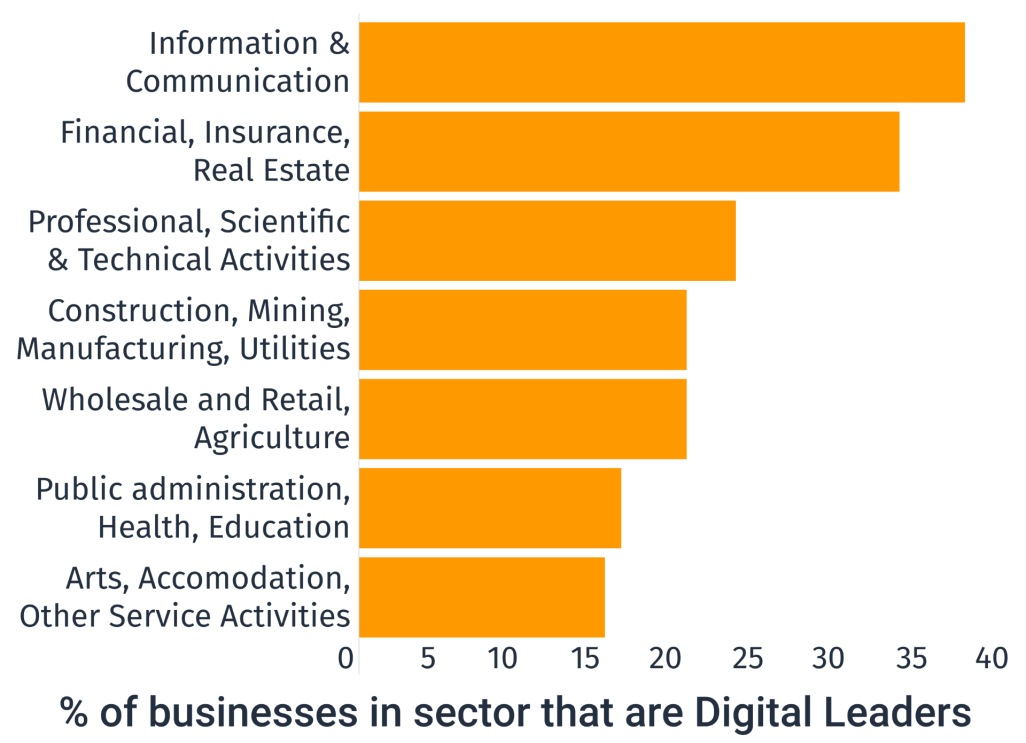AWS to invest £8bn into UK data centres
Amazon Web Services (AWS) plans to invest £8 billion over the next five years (2024-2028) building, operating, and maintaining data centres in the UK.
This investment is part of the company’s long-term commitment to supporting growth and productivity across the country, and is estimated to contribute £14 billion to the UK's total Gross Domestic Product (GDP) through to 2028, and support an average of more than 14,000 full-time equivalent (FTE) jobs on an annual basis at local UK businesses. These positions all form part of the AWS data centre supply chain, ranging from construction, facility maintenance, engineering, telecommunications, and other jobs within the broader local economy.
Increasing investment in the UK
AWS first launched an AWS Region in the UK in December 2016, and over the last few years, the company has continued to expand the Region to include three Availability Zones (AZ), two WaveLength Zones, two Edge Locations, and a Regional Edge Cache. In fact, since the start of the decade (2020-2023), AWS has invested over £3 billion in the UK to help meet the growing needs of its customers. This investment is estimated to have supported an average of more than 6,000 FTE jobs at local businesses. Combined with today’s announcement, this will bring AWS’s total planned investment in the UK from 2020-2028 to more than £11 billion.
Today, organisations of all sizes and across all industries are using AWS – from the fastest growing startups, to small and medium-sized businesses (SMBs), the largest enterprises, public sector organisations, educational institutions, and government agencies. Customers like AstraZeneca, Cancer Research UK, Deliveroo, easyJet, EDF, Genomics England, Just Eat, Monzo, Natural History Museum, NatWest Group, Sainsbury’s, Swindon Borough Council, The Very Group, UK Biobank, and Zilch are using AWS to lower costs, become more agile, and innovate faster.
Chancellor of the Exchequer, Rachel Reeves, said: “This £8 billion Amazon Web Services investment marks the start of the economic revival and shows Britain is a place to do business. I welcome the announcement as part of the Government’s mission to boost growth, unlock investment and make every part of Britain better off.”
Technology Secretary, Peter Kyle, said: “Today’s announcement reflects the growing strength of the UK’s digital economy with a key player like Amazon Web Services committing to growing and expanding on our shores. As Technology Secretary, I am committed to supporting digital advancement so that it can improve lives and livelihoods for the better. From increasing compute power to providing access to AI – it is vital that innovators have the infrastructure they need to grow our digital economy and drive breakthroughs.”
Tanuja Randery, Vice President and Managing Director, Europe, Middle East & Africa (EMEA) at AWS, said: “The next few years could be among the most pivotal for the UK’s digital and economic future, as organisations of all sizes across the country increasingly embrace technologies like cloud computing and AI to help them accelerate innovation, increase productivity, and compete on the global stage. We’re proud to announce our plans to invest £8 billion in digital and AI infrastructure over the next five years to help meet the growing needs of our customers and partners, and support the transformation of the UK's digital economy.”
Helping the UK take full advantage of the growing benefits of cloud computing and artificial intelligence
The total economic impact of cloud computing in the UK accounted for over £42 billion in 2023, according to independent analysis by Telecom Advisory Services. That’s equivalent to 1.6% of GDP, or larger than the UK’s automotive manufacturing sector.
To better understand the current and potential impact of cloud computing and AI in the UK, AWS commissioned independent consultancy, Public First, to undertake new quantitative research on how UK businesses are using – and plan to use – cloud computing. As part of this, Public First polled over 2,000 senior business decision-makers and constructed new economic modelling on the connections between digital technology and business productivity.
Cloud computing is an important enabling technology for UK growth
Cloud computing has enabled startups, small businesses and public sector bodies to have access to the same technologies as the largest enterprises, which has helped them to drive innovation faster, reduce costs, and compete on a global stage.
According to Public First’s polling, 84% of respondents who are AWS customers think that their business has saved money as a result of investing in cloud infrastructure, with an average cost saving of 28% compared to using on-premises infrastructure.
On average, respondents said that using AWS reduces the time it takes to deploy new software by over a quarter (27%). In addition, 82% of AWS customers think that cloud computing has made it possible for them to take their business global, while 85% agree that the use of cloud computing has made it easier to compete with larger companies.
Cloud computing has not only reduced costs and increased innovation, it also helps businesses and the public sector to improve their energy efficiency and sustainability too. The polling revealed that more than three quarters (78%) of AWS users say they have reduced their energy consumption and improved their sustainability as a result of using the cloud.
How technology can bring more value to the UK economy
As part of the research, Public First gave each company who responded a digital intensity score based on the extent to which they were using and benefiting from cloud computing and other digital technologies. There was a clear correlation between companies’ overall level of digital intensity and their average revenue growth last year. Digital Leaders – companies in the top 20% of digital intensity – were four times more likely to have seen strong revenue growth above 5% in the last year.

To help the UK take full advantage of the growing economic benefits of technologies including Cloud computing and AI, more companies will need to adopt these tools - not just the few that are currently Digital Leaders, and which tend to be larger businesses.
If the UK can help just half of small and medium businesses (SMBs) who aren’t currently Digital Leaders to adopt technologies such as cloud computing and AI, this could create an estimated £38 billion in additional value for the UK economy over the next five years. These benefits would be spread across all nations and regions of the UK, creating, for example, an additional £2.5 billion in economic value in the West Midlands, and £3.9 billion in economic value in the North West, both over the next five years.

To create more Digital Leaders, we will need more workers with digital skills
Taking advantage of the digital opportunity will also require investment in digital skills and support to help businesses to adopt new technologies and take full advantage of the economic and productivity benefits.
According to research conducted by Gallup for AWS, 72% of businesses surveyed in the UK have a vacancy for workers with digital skills, but only 11% of UK workers possess advanced digital skills.
To help prepare the UK’s workforce for the future, and address the growing need for digitally skilled talent, in December 2020 AWS committed to investing hundreds of millions of pounds to provide free cloud computing skills training for 29 million people by the end of 2025. AWS surpassed this ambitious goal in July 2024, more than a year ahead of schedule, having helped more than 31 million learners with all levels of technical knowledge across 200 countries, including the UK.
AWS has launched a number of learning and skills programmes including AWS Educate, AWS Academy, and AWS re/Start. AWS has also launched free training via AWS Skill Builder, a digital learning experience that allows anyone with an internet connection and a desire to learn to access over 600 free, on-demand courses in 14 different languages.
In addition to this, AWS has committed to make AI education accessible to anyone with a desire to learn by providing free AI skills training to two million people of all ages by 2025 in order to help unlock the full potential of AI. To achieve this goal, AWS launched new initiatives for adults and young learners and scaled its existing free AI training programmes making these critical skills more accessible to all.
Amazon’s continued commitment to UK
As a whole, Amazon has made direct investments of more than £56 billion in the UK between 2010 and 2022. This includes both capital expenditure (such as the infrastructure we build, like our fulfilment centres, corporate offices, and data centres), and operating expenditure (such as the jobs we create in the UK). Amazon employs 75,000 people in the UK – including jobs in a variety of corporate and R&D functions in Amazon and AWS, as well as our operations teams in our data centres, fulfilment centres, sort centres, and delivery stations – across over 100 sites, including more than 25 UK fulfilment centres and corporate offices in six cities.
We will continue to push the boundaries of how technology – digital infrastructure and services – can help our customers and partners to innovate, scale, and boost growth and productivity across the UK.







